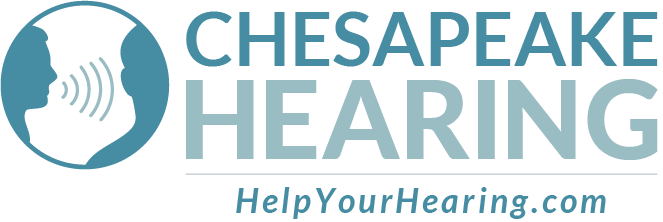Hearing Loss Hurts
The average age of first-time hearing aid wearers is close to 70 years of age, despite the fact that 65 percent of people with hearing loss are below the age of 65, and nearly half of all people with hearing loss are below the age of 55.
By the time they’re ready to ask for help, people with hearing loss (and their family members) have already suffered social, psychological, cognitive, financial, and health effects related to hearing loss. Early hearing loss treatment is key for preventing the effects listed here.
The Social and Psychological Impacts of Hearing Loss
Untreated hearing loss can be harmful to relationships. The inability to communicate effectively with others leads to isolation and alienation, moving people into their own world, rather than the shared world.
- With untreated hearing loss, the effort required to communicate causes fatigue, irritability, negativism and anger, tension, stress, and depression.
- Because it is so difficult to communicate, hearing loss can lead to avoidance or withdrawal from social situations, social rejection, and loneliness.
“The brain has a limited amount of capacity to work; if hearing loss causes the brain to spend additional resources to understand speech, then it has fewer resources to do such things as store information in memory, analyze what is being said, or think about what to say in a conversation.”
Edwards, B. (2009). Cognitive and psycho-social consequences of hearing loss. ENT News. 1-3.
The Cognitive Impacts of Hearing Loss
Many symptoms of the aging brain, such as poor memory and the inability to learn new tasks, might actually be signs of hearing loss. Research shows that the ability to think and multitask is diminished when the brain is working overtime to communicate. Symptoms of cognitive decline may in fact be symptoms of hearing loss.
The Impact of Hearing Loss on Job Effectiveness and Earning Potential
Untreated hearing loss can also affect the ability to perform work effectively. Studies conducted by Sergei Kochkin at the Better Hearing Institute have shown that a person with uncorrected hearing loss earns about $8,000 a year less than someone who doesn’t have a hearing loss.
The diagram above shows the expected annual income of an individual as a function of hearing loss. Assuming that income is related to job performance, the decline in income with increasing hearing impairment shows that hearing loss has a negative impact on job performance and professional success. The resulting increase in income from wearing a hearing aid, also shown here, supports the theory that job performance is affected by hearing ability.


